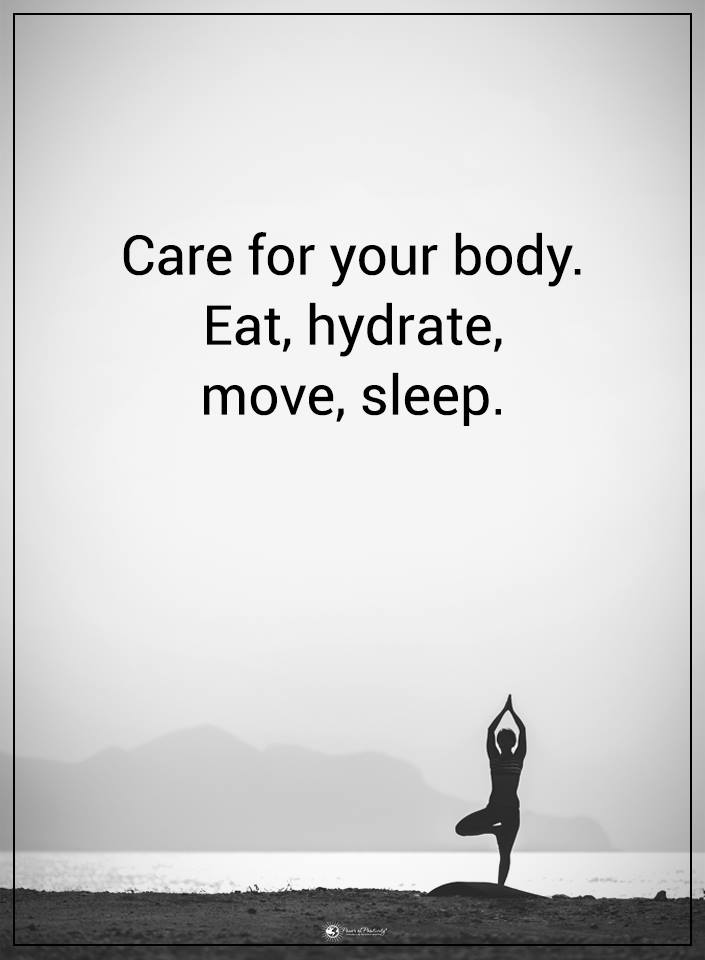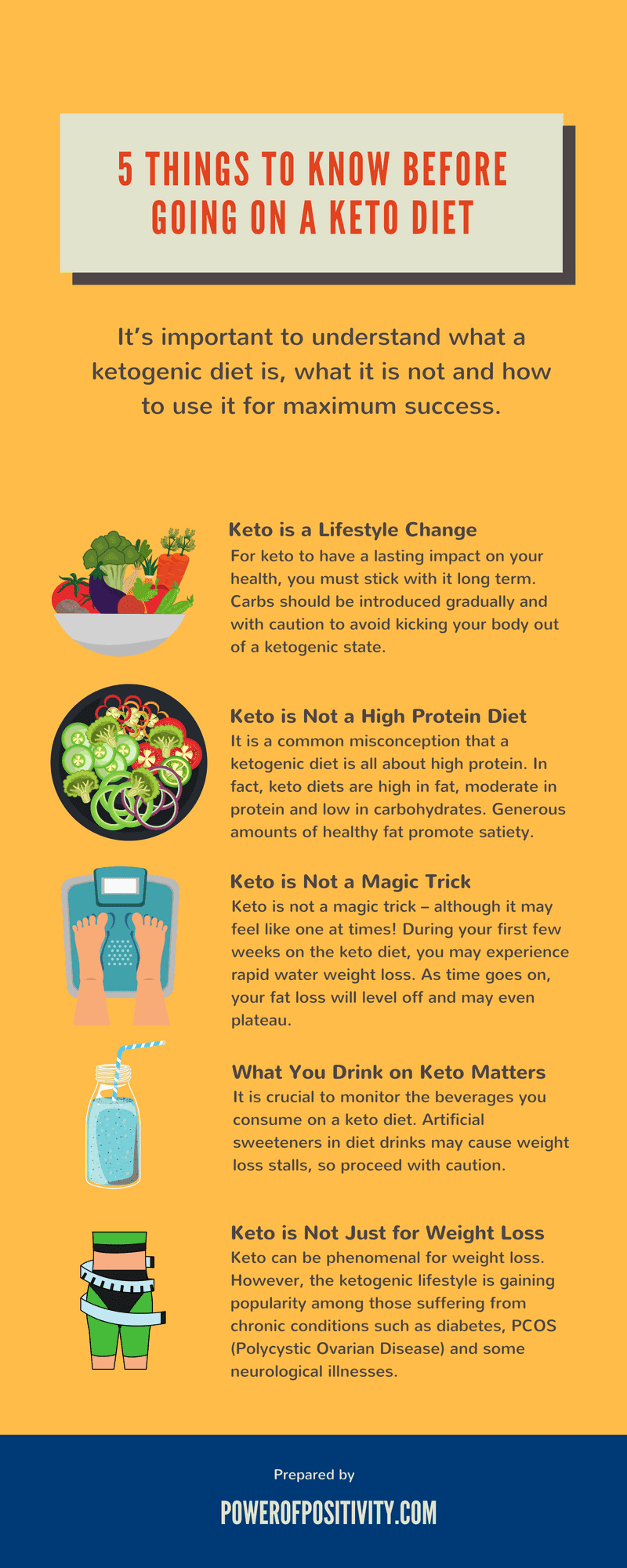You’ve almost certainly heard of the ketogenic diet, often called keto for short. While keto isn’t a new diet plan (it’s been around for thousands of years), it’s become especially famous recently to lose weight, improve mental clarity, and treat specific health issues, among other things.
Are you thinking about trying a keto diet? If so, it’s important to do your research and preparation before you jump in. Keto can give you some remarkable benefits, but it’s not the most manageable diet plan to stick to when you’re just getting started. Here’s how you can give yourself the best chances of long-term keto success.
How to Start Your Keto Diet Plan the Right Way
1. Spend some time researching keto.
Make sure you understand what a keto diet food plan entails and what kinds of results you can expect to see. Keto is hailed as a miracle diet by many people, but the truth is that you’ll get out of it what you put into it. Read some keto blogs where other people write about their experiences with the diet, and see if it sounds like something you can realistically commit to.
2. Think about what you’ll eat on a daily basis.
Look up your favorite foods and see what their nutritional breakdowns are like. Then, think about how you can continue eating as many foods you like as possible while still sticking to your carb limit every day. Remember, a keto diet food plan is heavy on fat, moderate on protein, and light on carbs. You may need to start including new foods in your diet to hit your macronutrient goals.
3. Get into the habit of reading nutrition labels.
Don’t assume that foods are low-carb just because they seem like they should be. Always read labels so you can be sure. Carbs can hide in a lot of sneaky places. You’re best off avoiding processed foods entirely and sticking to whole foods like meat, vegetables, and healthy oils.
4. Be aware that you might develop the “keto flu.”
Many people feel tired, foggy-minded, and easily distracted during their first couple of weeks eating low-carb. This phenomenon is called the keto flu, and it happens because your body is switching from burning primarily carbohydrates to burning fat for energy. When your body becomes fat-adapted, the flu-like feeling will disappear, and you’ll probably feel more energetic.
5. Measure your ketone levels.
Keeping an eye on your ketone levels can keep you on the right track with your diet. It’s especially important to monitor your ketones when you’re first getting started. You can get a breath meter, a blood meter, or urine tests to check your ketone levels regularly.
6. Track your micronutrients as well as your macronutrients.
Many people develop micronutrient deficiencies when they start following a keto diet plan. That doesn’t mean there’s anything wrong with the keto diet – it just means that many people don’t eat a balanced enough diet to get all the nutrients they need while doing keto. Keep an eye on your micronutrient levels, especially magnesium and potassium, and take supplements if you aren’t getting enough micronutrients from your food.
7. Get enough sleep and avoid stress.
Adapting to keto can be rough, and if you try to do it while you’re feeling stressed and tired, you might go back to your old way of eating. Make things as easy on yourself as possible by starting keto at a time when you don’t have any looming deadlines, family stress, or travel coming up. Make sure to get eight hours of sleep every night, too.
8. Avoid temptation as much as possible.
If you stick with keto long enough, you’ll stop craving carbs. Until then, though, it’s important to avoid temptation so you aren’t tempted to backslide. Don’t keep any high-carb foods in the house if you can help it, or store them somewhere you won’t see them. Let your friends and family know that you’re starting a keto diet, and ask them to support you by not offering you any high-carb foods.
Final Thoughts on the Keto Diet
Adjusting to a keto diet is entirely possible, even if you’re currently hooked on carbs. The transition might be a little challenging for many people, but if you stay strong through those crucial first few weeks, you’ll find yourself feeling sharper, more precise, and more energetic on the other side.
Planning to start your keto diet soon? Preparation is your best friend. If you come up with meal plans, track all your nutrients, avoid stress, and keep an eye on your ketone levels, you’ll be well on your way to making your keto diet a part of your permanent lifestyle.















 Community
Community

